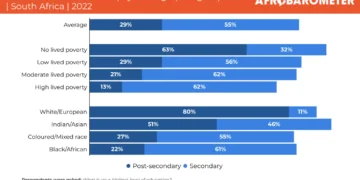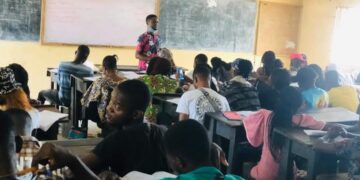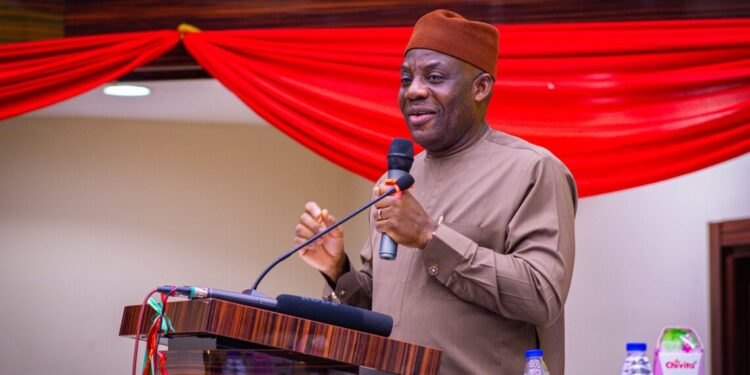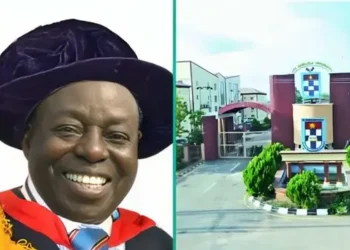The Federal Government has successfully powered 24 federal tertiary institutions with solar energy, marking a significant milestone in the Energising Education Project (EEP) under President Bola Tinubu’s administration.
Speaking at a collaboration agreement signing ceremony in Abuja, the Minister of Education, Dr. Tunji Alausa, announced the next phase of the initiative, which will extend clean energy infrastructure to eight additional universities.
“This project ensures round-the-clock electricity supply to our institutions, enhancing academic activity, powering laboratories and libraries, and improving the living and learning environment for students and faculty,” Alausa said.
The minister highlighted the solar energy installation at the University of Abuja (now Yakubu Gowon University), which includes 6,000 photovoltaic panels generating 3.3 megawatts of electricity daily—enough to keep the campus fully powered.
Dr. Alausa emphasized that stable electricity would stimulate economic growth on campuses, which he described as mini-communities. He added that the Renewable Infrastructure Fund, established by President Tinubu, is financing the project.
The Managing Director of the Rural Electrification Agency (REA), Abba Aliyu, noted that phases 1 to 3 of the EEP have impacted over 600,000 students and 50,000 staff nationwide, with over 100 megawatts of solar electricity already generated.
Under Phase 2, clean energy was delivered to two teaching hospitals and two universities. Phase 3, currently nearing completion, covers eight more universities and one teaching hospital.
The newly added beneficiaries include:
Ahmadu Bello University, Zaria
University of Nigeria, Nsukka
Federal University, Wukari
Federal University, Dutse
University of Benin
University of Ibadan
Obafemi Awolowo University, Ile-Ife
University of Lagos
The EEP, implemented by the REA, is designed to close the longstanding power gap in federal universities and teaching hospitals by installing solar mini-grids for sustainable, reliable electricity.
Dr. Alausa urged university administrators to adopt innovative approaches to ensure the long-term sustainability of the project, reiterating the government’s plan to provide renewable energy to all federal tertiary institutions by 2027.




































































 EduTimes Africa, a product of Education Times Africa, is a magazine publication that aims to lend its support to close the yawning gap in Africa's educational development.
EduTimes Africa, a product of Education Times Africa, is a magazine publication that aims to lend its support to close the yawning gap in Africa's educational development.

